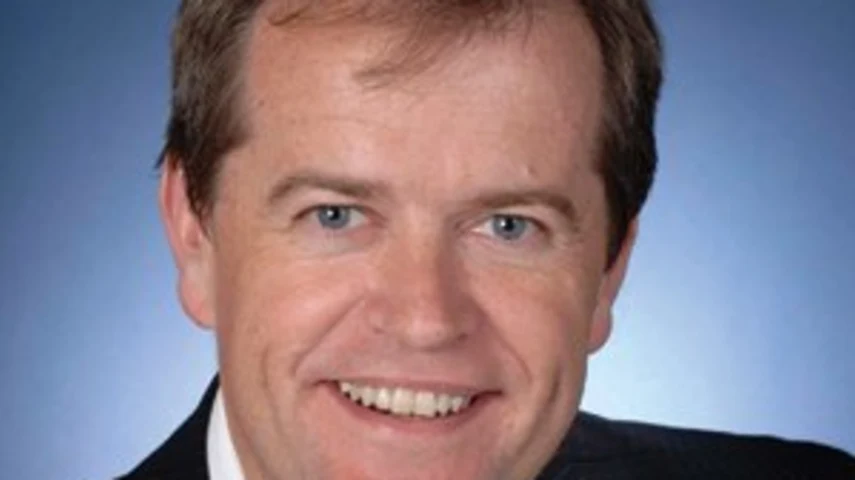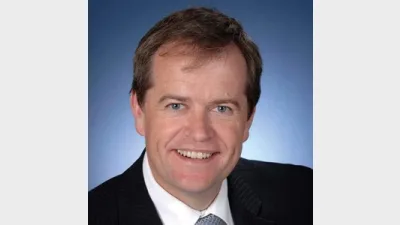Political realities and policy legacies



And now, the end is near – and the Government is suddenly peddling forums, calling for submissions and mooting Super Guardian Councils and Charter Groups that will likely evaporate straight after the next election. Why?
The Federal Parliament is in its final days before it rises for the Winter recess and, as it happens, before the 14 September Federal election.
It is therefore worth reflecting upon how much of the Government’s Stronger Super policy remains to be translated into legislation and how much of it remains to be translated into regulation. In short, the Gillard Government will be going to the polls with an unfinished superannuation agenda.
It is also worth noting that one of the final acts of the Minister for Financial Services and Superannuation, Bill Shorten, before the Government entered what is effectively a prolonged election mode was to call for public submissions relating to what he described as Australia’s first Super Charter.
Those submissions and a related public forum will go towards informing the so-called “Charter Group” the minister announced as the basis upon which a future Government would then form a “Council of Super Guardians”.
The problem, of course, is that the Federal Opposition, while endorsing the general benefits of a bipartisan approach to superannuation, has rejected the Shorten approach.
That being the case, the Government is funding a process which may ultimately have no purpose beyond whatever report it may present to the minister prior to the Federal election. It can only have a purpose in the event that the Australian Labor Party manages to confound all the major public opinion polls by emerging as a victor at the Federal election.
Notwithstanding the fact that the timing of the Government’s push for a Council of Super Guardians and a Super Charter is badly flawed, it would be unfortunate if the underlying objectives were to be ignored and attempts to find a bipartisan position on superannuation policy abandoned.
However, the starting point for finding a bipartisan position on policy has to be acceptance that Budget-to-Budget tweaking and tinkering of the type pursued by the Treasurer, Wayne Swan, is inadvisable and only serves to diminish public confidence in superannuation as an investment option.
The basis for a bipartisan approach to superannuation policy must be that its core elements are sufficiently sustainable so that they need only be revisited every three years.
While this publication has been critical of the tinkering with super which occurred in each of the Government’s Budgets post-2007, it must equally be recognised that the settings left by the former Howard Coalition Government were overly generous and therefore not sustainable.
It would have been inappropriate to have left a number of the Howard settings in place – but that does not excuse the manner in which the Government reduced the concessional contribution caps and generally fiddled with what was clearly an unduly punitive regime around excess contributions breaches.
Notwithstanding the industry’s obvious desire for bipartisanship, stability and certainty following the September election, the reality is that a change of Government will make a change of policy direction inevitable.
The industry funds movement must, in particular, brace itself for change around the default funds environment and governance. Few industry fund chief executives will find this surprising. The Shadow Assistant Treasurer, Senator Mathias Cormann, has been nothing if not forthright in expressing his views.
Given the position expressed by the Coalition, it seems entirely likely that all approved MySuper products will become eligible to be default funds under modern awards; that the role of the industrial judiciary will be reduced; and that super funds generally are likely to find themselves operating under a governance regime more closely aligned to that imposed on publicly-listed companies.
So what will be the superannuation legacy of the Australian Labor Party after two terms in office? MySuper and SuperStream – two outcomes which while not entirely perfect in conception and execution will serve to benefit the industry in the long run.
It is not a legacy which rates with that of the Hawke/Keating period in office but it will be viewed as having represented progress.
Recommended for you
High risk, high return assets will become dangerous options for superannuation funds under the Federal Government’s planned $3 million superannuation changes, writes Brad Twentyman.
Economic policy can no longer ignore the macroeconomic impacts of Australia's superannuation system and the emerging policy implications, writes Tim Toohey.
In an age where climate concerns and social consciousness dominate headlines, it’s no surprise that investors are increasingly seeking investments that align with their values, writes Simon O’Connor.
How profit-for-member superannuation funds can embed 'commerciality with a heart' and marry a member-first culture with commercial outcomes.










